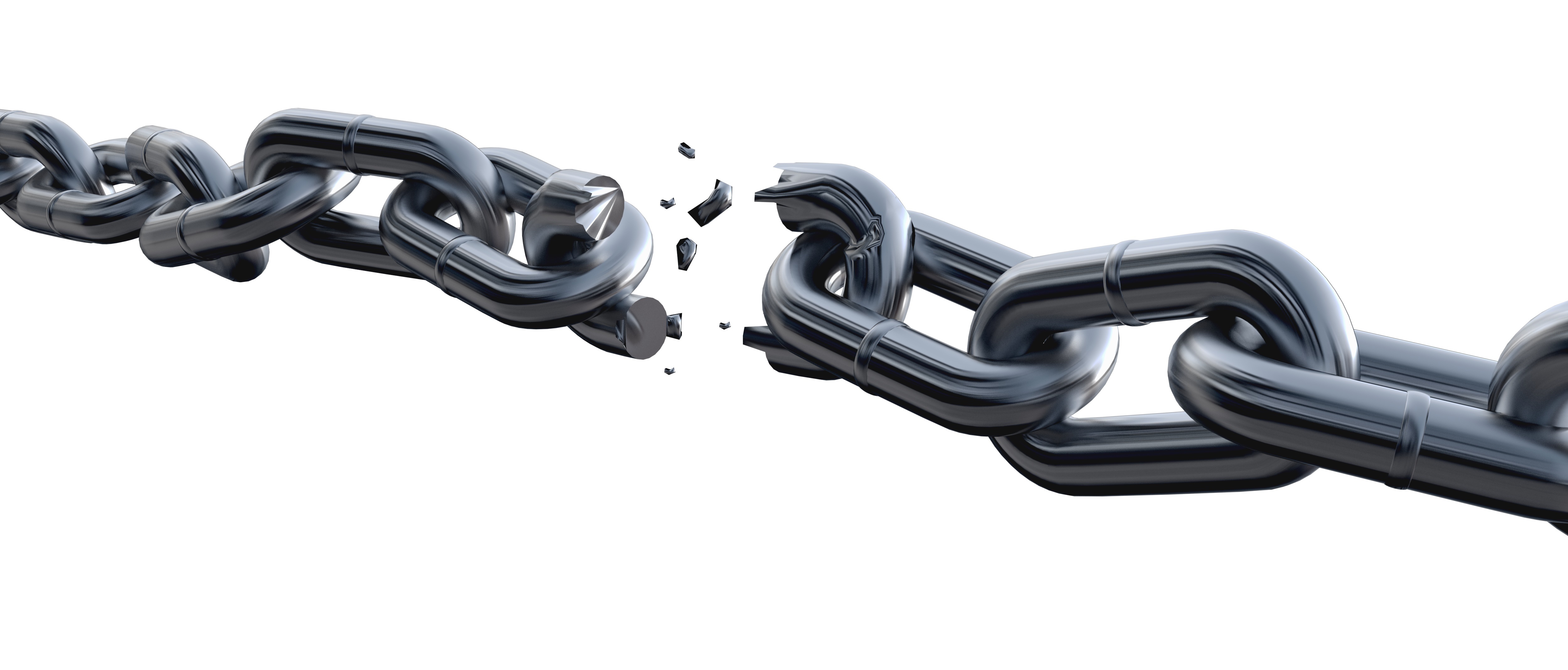Setting resolutions for the New Year is good but setting the right expectations for reaching those goals is paramount. Whether your goal is to lose weight, manage your diabetes better or climb Mount Kilimanjaro, you will need a plan to break the cycle of breaking your resolutions.
The pressure to keep a resolution this time of the year can make a person see things they need to change. The New Year is a time when people get a chance to reflect on the past year and take inventory of what they have accomplished and what need to be worked on in the year to come.
We are more likely to share with others that we have a problem. We may share our resolutions with family and friends. Hopefully, we feel supported and get support from family and friends alike.
For people living with diabetes, this might be the first time they honestly admit to themselves that they have a problem. That they need to take better care of their diabetes and are empowered to take action.
Succeed or Fail?
 In general people have difficulty keeping New Years Resolutions. Why is it that everyone who makes a resolution starts out with such high hopes and such a large percentage fail at completing their goal? It could be many reasons that may have nothing to do with your willpower.
In general people have difficulty keeping New Years Resolutions. Why is it that everyone who makes a resolution starts out with such high hopes and such a large percentage fail at completing their goal? It could be many reasons that may have nothing to do with your willpower.
One reason people fail has to do with a lack or emotional support that dwindles over time. By the end of January, some or all of the support from family and friends may disappear. The people providing their support go on with their lives. The person who made the resolution is facing their goal, problem or behavior change alone.
If this happens, you could reach out to your friendly neighborhood psychotherapist who are good a providing support and direction, or a certified diabetes educator. If you are trying to climb a mountain, a sports coach or trainer may help.
Many people living with diabetes don’t make plans, objectives or clarify the goal. Ask yourself what will your goal look like and how will you know you have achieved it. It is important to create a step-by-step plan of action about how you are going to achieve your goal.
Maybe you decide to stop eating fast food and start eating healthy. It’s the New Year, and you go to the grocery store but what to buy? You may not have done any planning before going to the grocery store. Like making a grocery list or even know what to put on it.
Doing prep work is important. If your goal is to climb Mount Kilimanjaro, there are books on the steps you will need to take. In fact, there are many self-help books on all types of subjects. No need to reinvent the wheel.
If you are trying to change your diet, you may want to get educated on the subject and develop a plan. Some find the support from a nutritionist helps them plan their new diet while helping them set objectives and clarifying their goals. Seeing a health care provider on a weekly or monthly basis help a person be accountable for their actions.
The last reason I will address about why resolutions fail is that some people set their goals too high. A good example is setting a weight loss goal of 3 pounds a week. Aside from the fact that losing that much weight per week is unhealthy it is extremely hard to do without a team working with you regularly. If your plan is to lose 50 pounds by the end of the year setting a weekly goal of 1 pound is achievable.
With the right help (OA, Weight Watcher, Nutritionist, Certified Diabetes Educator, Coach, Psychotherapist) in place, you can lose the weight, find inner peace or climb a mountain. Be flexible and allow for setbacks, they will happen. Keep positive and avoid beating yourself up when things don’t work out the way you planned. If a delay occurs dust yourself off, pick yourself up and get back on that horse and ride. If your goal is reasonable, you will reach it, as long as you continue to try and get help when needed.
You may not achieve every objective you set, but if you’re 30 pounds lighter at the end of the year, does it matter that you didn’t reach your overall goal of 50? After all, isn’t any loss of weight, great? I encourage my clients to have a substantial long-term goal, but employ a series of small objectives that helps them reach multiple smaller goals until they reach their end of the year resolution.
For information on Diabetes-Focused Psychotherapy and how it might help you; go to my website, www.diabetictalks.com today.
Medical Disclaimer:
All the advice included in this blog is therapeutic in nature and should not be considered medical advice. Prior to making any changes to your diabetes maintenance program, please consult with your primary physician or endocrinologist.

